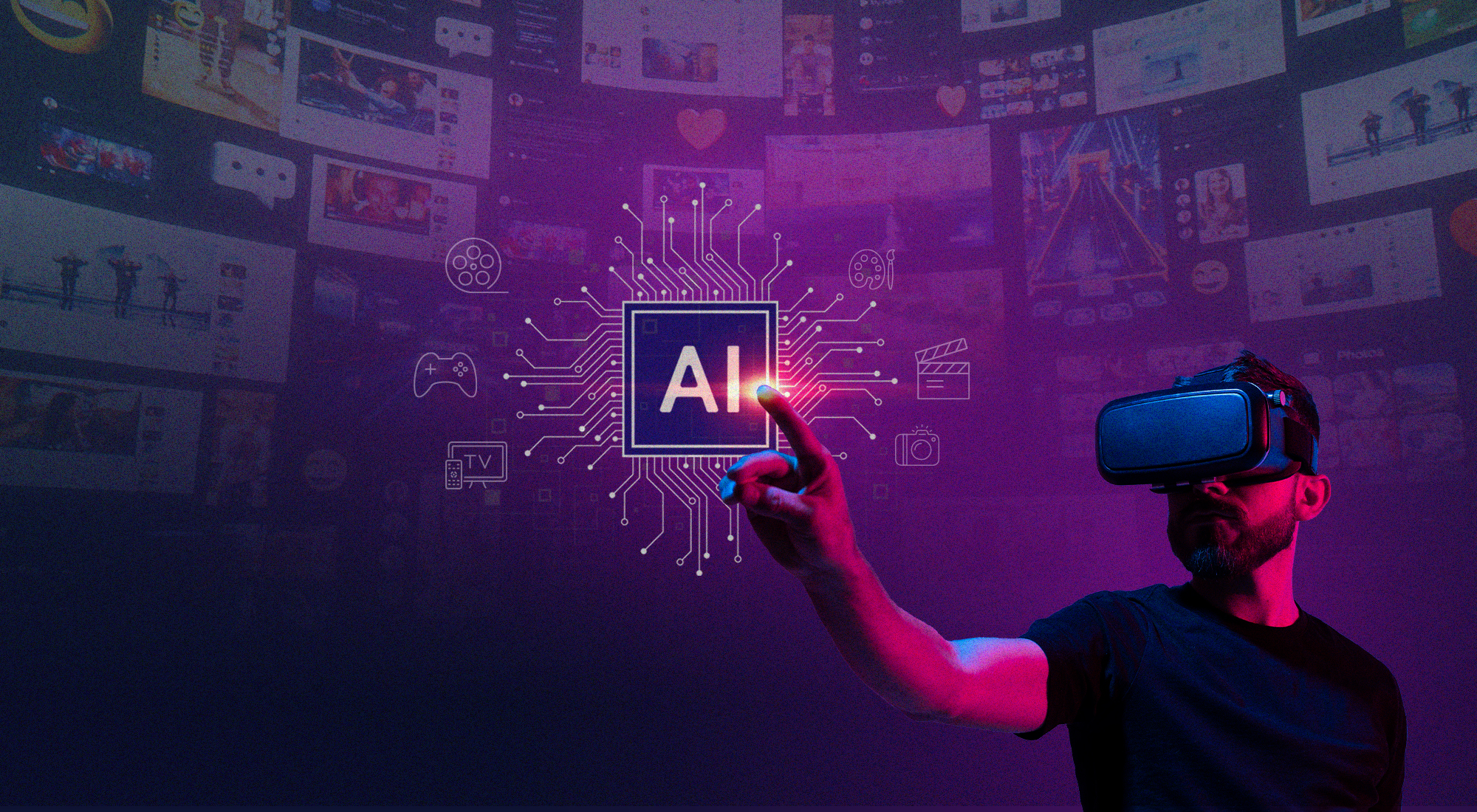The entertainment industry is undergoing a radical transformation, driven by the rapid advancement of Artificial Intelligence (AI) and Computer-Generated Imagery (CGI). These technologies are not only reshaping how content is created but also redefining how audiences engage with stories across film, television, gaming, and digital media.
The Rise of AI in Scriptwriting and Content Creation
AI is increasingly being used to support writers in generating ideas, drafting scripts, and even analyzing audience preferences. Platforms powered by machine learning can now predict plot outcomes, suggest character arcs, and optimize scripts for specific demographics. This allows creators to develop content that resonates more effectively with audiences and meets market demands faster than ever before.
CGI: From Spectacle to Standard
Once considered a novelty, CGI has become a staple in modern filmmaking. Whether it’s recreating fantastical worlds or de-aging actors, CGI enhances storytelling by enabling visuals that would be impossible—or prohibitively expensive—to film in real life. The technology has evolved to the point where digital characters and environments are nearly indistinguishable from reality, as seen in blockbuster franchises like Avatar and Marvel’s Cinematic Universe.
Virtual Actors and Digital Doubles
AI and CGI together are pushing the boundaries of performance. Studios now use AI to recreate the voices and facial expressions of actors, even after their passing or absence. Digital doubles, created through detailed scanning and animation, can perform stunts or entire scenes with minimal physical input. This opens up possibilities for greater creative freedom while also raising ethical and legal questions about consent and likeness rights.
Personalized Viewing Experiences
AI algorithms are powering personalized content recommendations across platforms like Netflix, YouTube, and Spotify. Beyond just suggesting what to watch, some companies are experimenting with interactive storytelling that adapts in real time based on viewer choices—similar to Black Mirror: Bandersnatch. Future entertainment may be tailored at the individual level, offering unique narratives and character developments for each viewer.
Revolutionizing Animation and Visual Effects
AI-assisted animation tools drastically cut down production times by automating tasks like lip-syncing, motion capture, and frame interpolation. CGI artists now use neural networks to enhance textures, lighting, and realism in post-production. This leads to faster workflows and richer, more immersive visuals, even for low-budget productions.
Gaming and the Metaverse
In the gaming world, AI and CGI are central to building lifelike characters and expansive open worlds. AI drives non-player character (NPC) behavior, making interactions more realistic and adaptive. Combined with CGI, these tools are also the foundation of the emerging metaverse—persistent virtual environments where users can play, socialize, and experience entertainment in entirely new ways.
Challenges and Ethical Concerns
While these technologies offer exciting opportunities, they also pose significant challenges. Deepfakes and AI-generated content raise questions about authenticity, misinformation, and intellectual property. As the lines blur between real and artificial performances, the industry must navigate issues related to labor, compensation, and artistic integrity.
The Future Is Hybrid and Intelligent
As AI and CGI continue to evolve, the future of entertainment lies in a hybrid model where human creativity is augmented by machine precision. Filmmakers, game developers, and content creators will increasingly rely on these tools to push artistic boundaries, streamline production, and engage global audiences in unprecedented ways.
Conclusion: A Technological Renaissance in Storytelling
AI and CGI are not just tools—they are transformative forces reshaping the entire entertainment ecosystem. From pre-production to post-release engagement, these technologies are enabling richer narratives, bolder visuals, and more personalized experiences. As innovation accelerates, the entertainment industry is entering a new era where imagination truly knows no limits.








